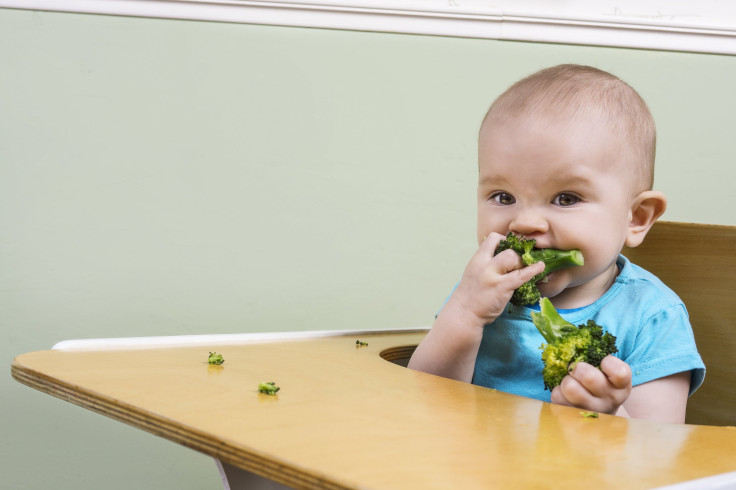Picky Eating And Emotional Distress: Kid's Selective Eating Disorder May Increase Their Risk For Depression And Anxiety

Children who are picky eaters do more than annoy their parents, finds new research published in the journal Pediatrics.
Picky eating habits, also referred to as selective eating disorder, are often considered a phase. But researchers from Duke University found these habits to coincide with more serious childhood problems, like depression and anxiety. Researchers cited over 20 percent of children between ages 2 and 4 are picky eaters. Of them, nearly 18 percent are moderately picky and 3 percent are severely selective. The latter group of children have such limited food preferences that it restricts their ability to eat with others.
"The question for many parents and physicians is: when is picky eating truly a problem?" said Dr. Nancy Zucker, lead study author and director of the Duke Center for Eating Disorders, in a press release. "The children we're talking about are not just misbehaving kids who refuse to eat their broccoli."
When Zucker looked at children with both levels of selective eating habits, she found they had an elevated risk for depression, social anxiety, and generalized anxiety. These children were also found to be twice as likely as other children to have increased symptoms of generalized anxiety at follow-up visits.
"These are children whose eating has become so limited or selective that it's starting to cause problems," Zucker said. "Impairment can take many different forms. It can affect the child's health, growth, social functioning, and the parent-child relationship. The child can feel like no one believes them, and parents can feel blamed for the problem."
The study also showed that parents are consistently in conflict with their children over food, and this conflict, as well as poor nutrition and frustrated parents can all factor into a kid’s unwillingness to try different foods. Researchers concluded families and doctors need new ways to deal with this problem.
"There's no question that not all children go on to have chronic selective eating in adulthood," Zucker said. "But because these children are seeing impairment in their health and well-being now, we need to start developing ways to help these parents and doctors know when and how to intervene."
Some children who refuse to eat certain foods may have heightened senses, said Zucker, which can make the taste, smell, and textures of certain foods overwhelming. Some children also may have had a bad experience with a food and develop anxiety when forced to try the offending food again.
Zucker also suggested children may benefit from therapy, but that conventional methods do not address children who may have the aforementioned sensory sensitivity. Not only do these children need new treatments, but they need treatments tailored to their age.
Spotting a picky eater is easy for parents to do (we list seven hacks right here), and it could be useful in identifying which children may be at risk for mental health issues.
"It's a good way to get high-risk children into interventions, especially if the parents are asking for help," Zucker said.
Source: Zucker N, et al. Even moderate picky eating can have negative effects on children’s health. Pediatrics. 2015



























